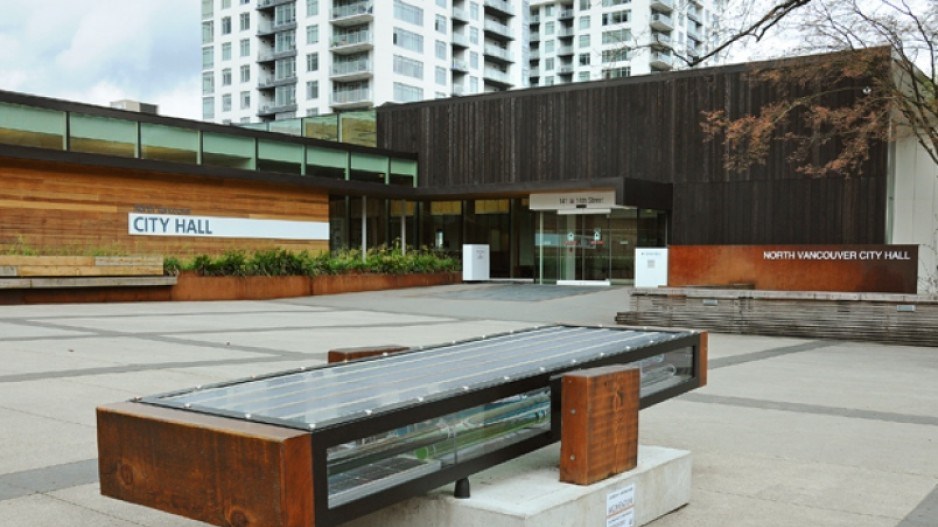The highest is too high and the best isn’t good enough.
That’s the message the City of North Vancouver will send to Victoria in a bid to convince the provincial government to review the practise of basing property values on “highest and best use.”
The highest is too high and the best isn’t good enough.
That’s the message the City of North Vancouver will send to Victoria in a bid to convince the provincial government to review the practise of basing property values on “highest and best use.”
Property values are based on what a business could be if its highest and best use were realized. For example, a one-storey business on a site zoned for a maximum of four storeys is assessed and taxed as though it were four storeys.
“When you get hit with a tax bill because your property could potentially be something bigger than it is currently, that makes it even that much more challenging,” said Mayor Linda Buchanan.
Following a unanimous vote April 8, Buchanan is set to write a letter to B.C. Finance Minister Carole James asking for a review of the practice. Burnaby Mayor Mike Hurley sent a similar letter in March.
Council could “moderate the impact” of the increases by determining land value based on a three-year average or by using assessment phasing, which cuts the tax according to a formula that takes into account the increased land value as well as the average increase from the previous year.
Those measures are a short-term adjustment and “aren’t going to help anybody this year,” Bell said.
Using a three-year average can shift taxes to property owners who otherwise would have faced a small increase, according to a staff report written by city director of finance Ben Themens.
“Unfortunately, assessment averaging and assessment phasing options would only delay by two or three years the impact of higher assessments,” Themens wrote.
The City of Vancouver has been using assessment averaging and/or phasing in one form or another since 1993. Both methods are “costly and cumbersome” to administer, according to Themens.
Themens also noted that many property owners are not impacted by the tax increases, which tend to fall to business owners through triple net leases. The issue is particularly acute for: “small local businesses that are so important to maintain the character and social fabric of the city.”
Coun. Holly Back concurred, pointing out that the vast majority of businesses don’t own their buildings.
“This is about as much as we can do,” she said of the letter. “There should be a ceiling on the rent increases on these triple-net leases.”
Basing assessments on highest and best use also puts light industrial operations at risk in favour of lucrative residential developments, Bell said. The capacity for higher density can also create an incentive for developers to tear down affordable rental “that maybe isn’t at the end of its life,” he added.




